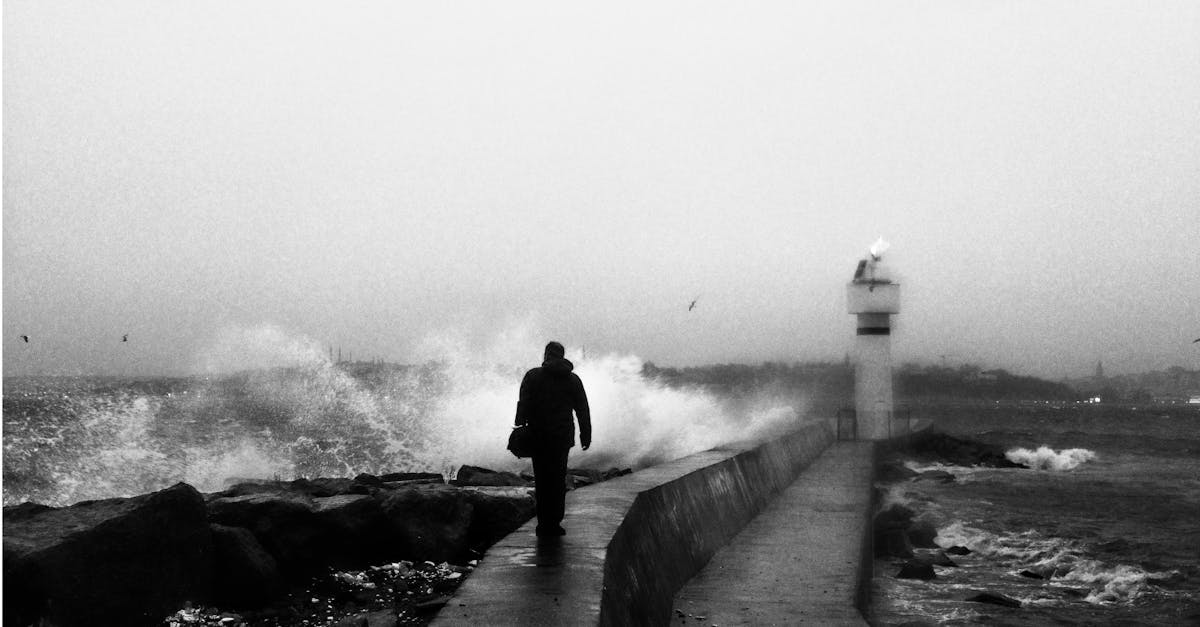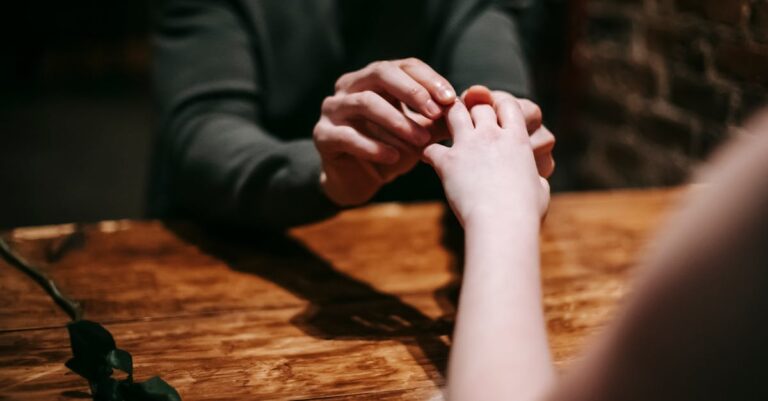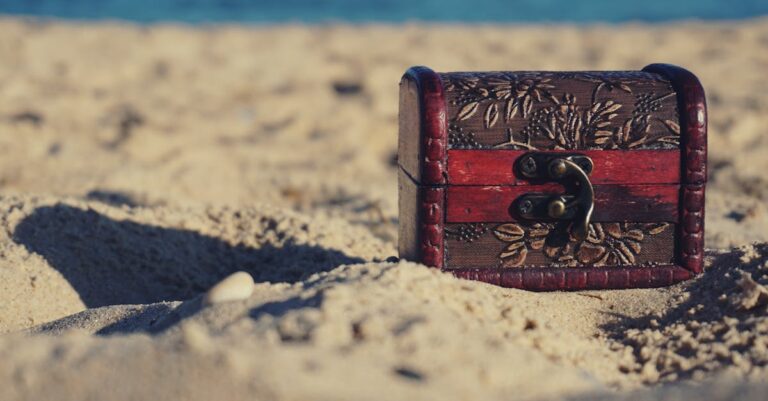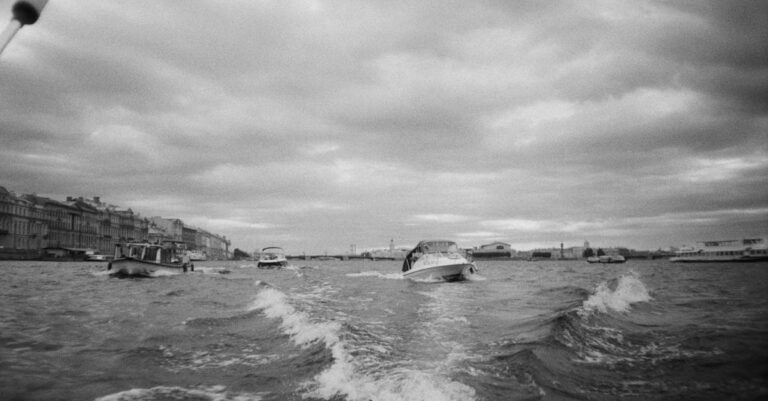
The salt-kissed air bit at Clara’s cheeks as she adjusted the lamp’s wick, its golden glow slicing through the predawn gloom. The lighthouse had been her sanctuary since her father’s death, a place where the roar of the sea drowned out the hollow ache in her chest. She’d sworn she’d never let anyone inside—until him.
The man stood at the base of the tower, his silhouette framed by the first blush of dawn. Clara squinted. He held a sketchpad, charcoal smudged across his fingers, and a duffel bag slung over his shoulder. A painter, then. She’d seen their kind before—distracted, self-absorbed, chasing light that didn’t belong to them.
“You’re the keeper,” he said, his voice low, as if speaking too loud might shatter the silence. He didn’t look up from his sketch.
“I’m the only one here,” Clara replied, her tone clipped. She stepped closer, her boots crunching over gravel. The scent of brine and oil hung in the air, mingling with something faintly citrusy—his soap, maybe.
He finally lifted his head. His eyes were a stormy gray, like the sky before a tempest. “I’m Jace. I’m staying in the old boathouse.”
“That’s abandoned,” she said, though she’d seen the smoke curling from its chimney last week. The town had forgotten the place, but not her.
“Not anymore.” He smiled, and something in Clara’s chest tightened. She hated how his presence already felt like a tide she couldn’t fight.
—
Jace returned each morning, his sketches growing bolder. He captured the lighthouse not as a structure, but as a living thing—its weathered stone, the way the light pulsed like a heartbeat. Clara watched him from the tower’s threshold, her fingers curling into fists. She’d built walls around herself, and he was chipping at them with every quiet observation.
“Why the lighthouse?” she asked one afternoon, her voice softer than she intended. They stood on the cliff’s edge, the wind tugging at their clothes.
He glanced at her, surprise flickering in his eyes. “It’s… timeless. Like it’s waiting for something.”
“Or someone,” she muttered, staring at the horizon where the ocean met the sky.
He didn’t reply, but the way his gaze lingered on her profile made her skin prickle. She turned away, feigning interest in the waves below. The saltwater stung her lips as she spoke again. “You’re not like the others.”
“Maybe I’m not supposed to be,” he said. His hand brushed hers as he reached for a pencil in his pocket, and the contact sent a jolt through her. She pulled away, but the heat of it lingered.
—
The storm came without warning. Clara woke to the sound of wind howling through the lighthouse, the lamp’s flame snapping wildly. She raced downstairs, her boots slapping against the metal steps, and found Jace already there, his hands gripping the railing as the tower shuddered.
“We need to shut it down!” he shouted over the gale. Rain lashed against the windows, blurring the world into a watercolor of gray and black.
“No! The beacon’s all we have!” Clara’s voice cracked. The light was their only warning for ships, a lifeline for the town. Without it, the rocks below would claim lives.
Jace hesitated, then nodded. Together, they fought the storm—securing the lens, reinforcing the door. Clara’s fingers bled from gripping the metal, but she didn’t stop. When the wind finally relented, they stood in silence, soaked and trembling, the tower still standing.
“You saved it,” Jace said, his voice raw.
“We did,” she replied, but the words felt like a lie. She’d spent years believing she was alone, and now he was here, tethered to her in a way she couldn’t yet name.
—
Weeks passed, the days blending into a rhythm of shared meals and quiet conversations. Jace painted her as the sea crashed against the shore, his brush capturing the way her hair whipped in the wind. Clara found herself lingering near his boathouse, listening to the creak of his easel, the scratch of charcoal on paper. She told him about her father—the way he’d taught her to read the tides, how he’d vanished on a stormy night, leaving only a note that said, “The light must stay lit.”
“He believed in you,” Jace said one evening as they sat on the cliff, the sun sinking into the ocean. “That’s why he left the lighthouse to you.”
Clara stared at the horizon, her throat tight. “I didn’t think I could handle it.”
“You did,” he said, reaching for her hand. His fingers were calloused, warm, and she let him hold on.
—
The town’s mayor arrived one morning, his suit stiff with propriety. “The lighthouse is outdated,” he announced, his voice cutting through the morning air. “We’re replacing it with a new beacon.”
Clara’s heart seized. “You can’t do that. It’s historic.”
“History doesn’t feed families,” the mayor said, though his eyes flicked to Jace’s paintings hanging in the lobby—art that had drawn tourists for the first time in years.
Jace stepped forward, his jaw set. “This place isn’t just a structure. It’s a part of them. Of her.” He gestured to Clara, and she felt the weight of his words like a lifeline.
The mayor hesitated, then left without another word. Clara turned to Jace, her eyes burning. “You didn’t have to do that.”
“I wanted to,” he said simply. “Because I see what it means to you.”
—
On the night of the final storm, Clara stood at the lighthouse’s base, her coat soaked through. Jace was inside, adjusting the lamp’s wick, its light a steady beacon against the dark. The wind howled, and she thought of her father, of the years she’d spent fearing she’d fail him.
“You don’t have to do this alone,” Jace said, stepping beside her. His hand found hers, firm and grounding.
She looked at him, at the way the light caught in his hair, and something inside her cracked open. “I’m scared,” she admitted.
“So am I,” he whispered. “But we’ll face it together.”
The storm raged, but the lighthouse stood. And in its glow, Clara finally understood—some lights weren’t just for guiding others. They were for keeping hope alive, even when the world felt endless and dark.


